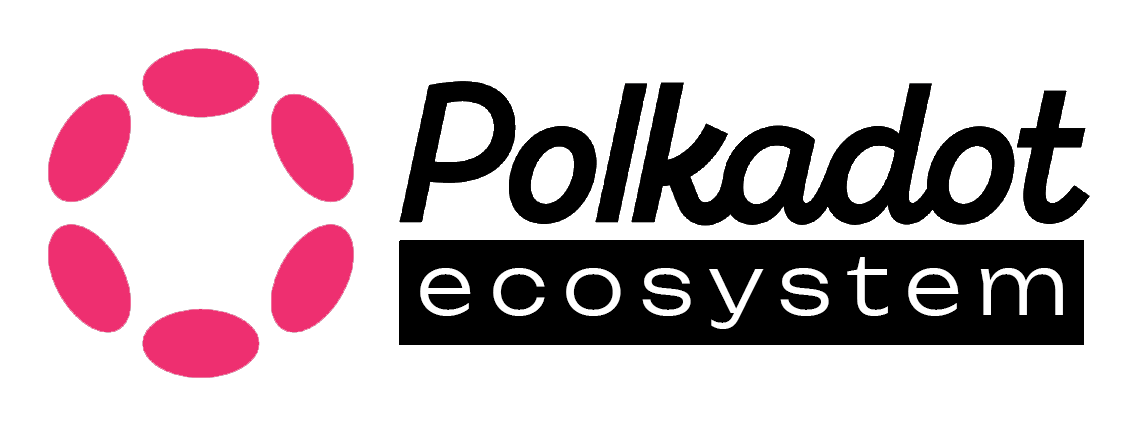Deloitte on Polkadot Unlocking Enterprise Potential w/ DAOs
Este conteúdo não está disponível em sua língua ainda.
In an enlightening talk at Polkadot Decoded 2024, Kim Schneider, a senior manager at Deloitte, shared insights on “Unlocking Enterprise Potential – Engaging with DAOs.” With her extensive experience in blockchain and crypto, Schneider discussed the transformative potential of Decentralized Autonomous Organizations (DAOs) and the challenges enterprises face when interacting with these decentralized entities. This article delves into the key points of Schneider’s presentation, emphasizing the importance of bridging the gap between traditional enterprises and DAOs.
Deloitte Journey into Blockchain
Kim Schneider began her blockchain journey during her master’s degree in Digital Business in Amsterdam, where she became captivated by the technology. Her career path led her from a startup as a blockchain consultant to Rabobank, and ultimately to Deloitte, where she has been a pivotal figure for the past two and a half years. At Deloitte, Schneider focuses on enterprise adoption of blockchain technology, striving to connect the Web 2.0 and Web 3.0 worlds.
Why Deloitte Engage with DAOs?
Schneider highlighted the significant shift in the business landscape due to emerging technologies like Web 3.0. DAOs, which are decentralized and often governed by token-based systems, represent a new form of organizational structure that can offer greater transparency, efficiency, and inclusivity. Deloitte sees immense potential in DAOs for creating decentralized ecosystems that can drive innovation and collaboration.
Challenges in Enterprise-DAO Interaction
Despite the promising future of DAOs, Schneider pointed out several challenges that enterprises face when attempting to engage with them. These challenges include:
- Regulatory Compliance: Enterprises must navigate complex regulatory landscapes, particularly concerning anti-money laundering (AML) laws and know-your-customer (KYC) requirements.
- Risk Management: Identifying and managing risks related to financial transactions and the origins of funds is critical, especially in the absence of clear regulatory frameworks for DAOs.
- Cultural Shift: Engaging with DAOs requires a shift in mindset and governance structure, moving away from traditional hierarchical models to more decentralized and collaborative approaches.
Case Study: Polkadot Ecosystem Deloitte’s engagement with the Polkadot ecosystem serves as a case study in navigating these challenges. In 2022, Deloitte collaborated with the Polkadot Scan Foundation and conducted a risk inventory to help enterprises interact with DAOs in a compliant manner. Schneider emphasized the importance of this collaboration in understanding the unique dynamics of the Polkadot network, which is fully decentralized and governed by its community.
## Proposing a Blueprint for Enterprise-DAO Engagement Schneider shared Deloitte’s initiative to create a blueprint for enterprises to engage with DAOs. This blueprint aims to address the knowledge gap and regulatory uncertainties that hinder enterprise adoption of blockchain technology. By conducting a thorough preassessment, Deloitte sought to identify key risks and compliance requirements, paving the way for other organizations to interact with DAOs more confidently.
Conclusion Kim Schneider’s talk at Polkadot Decoded 2024 shed light on the critical role DAOs can play in unlocking enterprise potential. Despite the challenges, Deloitte remains committed to fostering enterprise adoption of Web 3.0 technologies. Schneider’s insights underscore the need for continued collaboration and innovation to bridge the gap between traditional enterprises and decentralized autonomous organizations.

